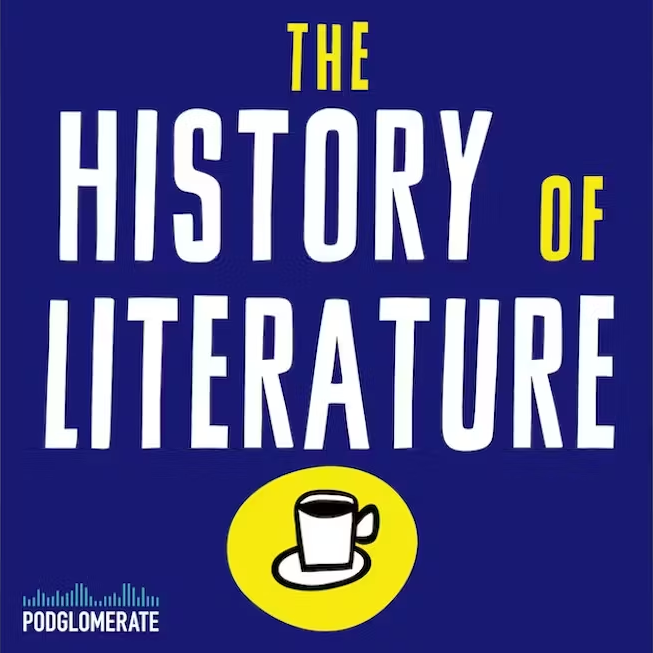sappho
-
The History of Literature #516 — Sappho (with Diane Rayor)
When Diane Rayor was in college, a professor recommended a work by a 2600-year-old poet that changed her life. Now, after years of studying and translating the works of Sappho, the greatest woman poet in Ancient Greece, she joins Jacke for a conversation about her book Sappho: A New Translation of the Complete Works. Help support… Continue reading
-
Jacke News: Sappho, iTunes, and more
Hello, everyone! I hope you’re finishing up your weekend well and heading into the holidays with great gusto. Here’s what to expect this week on the Jacke Blog. First, we have some news to share! Our new podcast, The History of Literature, has been selected as a New and Noteworthy podcast on iTunes, and we’re currently… Continue reading
-
Sappho’s Ghost in Western Washington
Hello! We’re hard at work getting ready for the Sappho episode of the History of Literature podcast, which we’ll release on Monday. Brilliant reader MAM posted this comment: Did you know that Sappho influenced the name of what is now a ghost town in Western Washington in the late 1800’s? Whaaaaaat!? There was a community… Continue reading
-
Is This What Sappho Sounded Like?
Next Monday on the History of Literature podcast, we’ll be taking a look at Sappho. (It’s very interesting to contrast her with her near contemporary Homer, whom we looked at last time.) One of the great tragedies of literature is how much of Sappho we’ve lost: not just the poetry but ALL of the accompanying music. What… Continue reading
